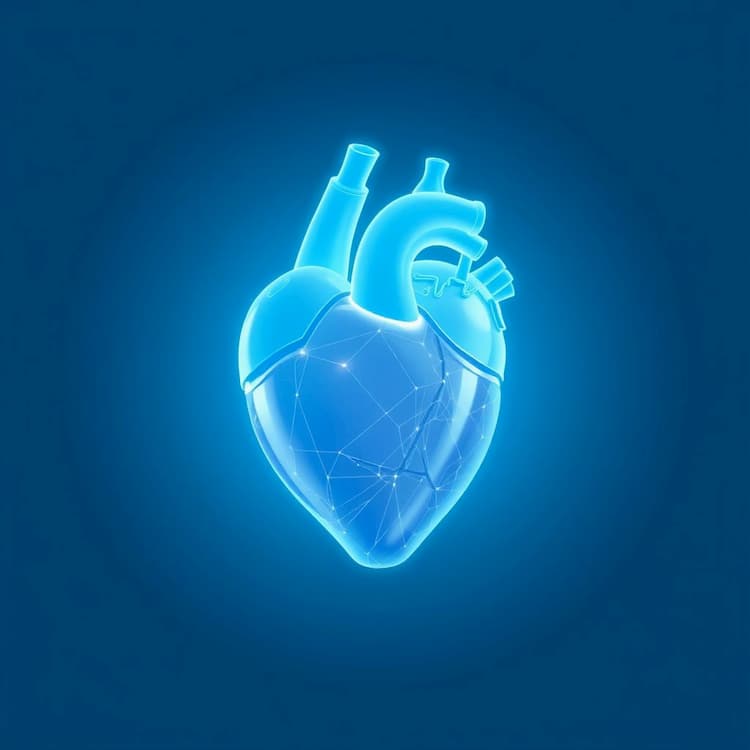Our mission is to bring cutting-edge precision medicine tools to patients and clinicians, accelerating early diagnosis and empowering families to take control of their cardiovascular health.
Imagine a future where people with FH could be diagnosed early, before high cholesterol puts their heart at risk, before a heart attack becomes their first warning sign.
Imagine a future where this can be done easily, quickly, and affordably. Where the treatment is tailored just for them, not based on averages.
That’s what FH-EARLY is all about.


"Without an early diagnosis and management of their condition, individuals with FH have a 20-fold higher risk to develop atherosclerotic cardiovascular disease"
When familial hypercholesterolaemia (FH) is detected early, cholesterol levels can be lowered before silent damage occurs—long before a heart attack or a stroke becomes the first warning sign.
FH-EARLY is committed to making early detection possible, and accessible, for everyone at risk. By combining cutting-edge tools with real-world care, we’re working to ensure that every person with FH has the chance to live longer, healthier, and more informed lives.
FH-EARLY aims to bring novel precision medicine applications to the clinic to tackle diagnosis, risk assessment and treatment optimisation effectively and communicate the evidence in discussion with patients and families. Discover the trio of interconnected solutions.
A low-cost, high-throughput genetic screening tool designed to detect known and novel variants associated with FH. This chip array makes faster and more accessible diagnosis possible worldwide.
A clinically validated biomarker that helps optimise treatment strategies by assessing lipid uptake and storage in immune cells. It provides an individualised risk profile for more precise management.
Using explainable AI, the iPHP tool integrates clinical, genetic, and multi-omic data to deliver transparent, individualised risk predictions and co-management strategies.
FH-EARLY is structured around 22 Work Packages (WPs), each contributing to the project’s ambitious objectives through a series of coordinated actions.
These WPs are organised into four functional clusters, ensuring seamless collaboration across the project’s three interconnected learning cycles: Data to Knowledge, Knowledge to Performance, and Performance to Data.
Each WP contributes to developing, validating, and implementing solutions for earlier diagnosis, improved risk assessment, and more personalised care for people with FH.

